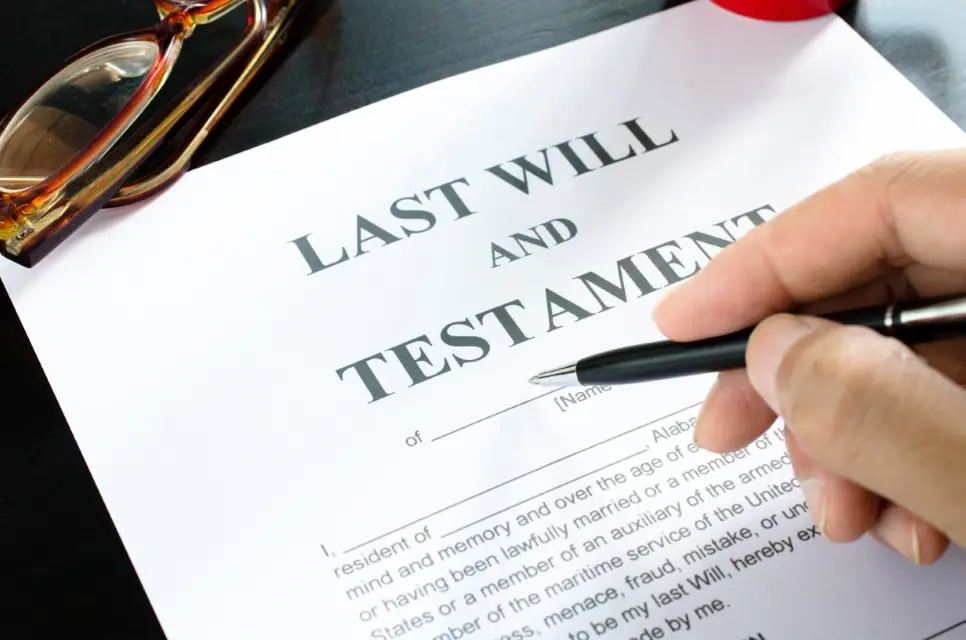Estate planning is a comprehensive process that involves making important decisions about the management and distribution of your assets, both during your lifetime and after your passing. One critical aspect of estate planning, often overlooked, is guardianship. In this article, we will explore what a guardianship in estate planning is, its significance, and answer some frequently asked questions related to the topic.
Understanding Guardianship in Estate Planning
Guardianship Defined
Guardianship in estate planning refers to the legal arrangement that allows an individual to make decisions on behalf of another person, known as the ward when that person is unable to make decisions for themselves due to incapacitation or being a minor. This legal concept is not limited to financial matters; it can also encompass making decisions about healthcare, living arrangements, and personal welfare.
Importance in Estate Planning
Guardianship is an essential component of estate planning for several reasons:
- Caring for Minor Children: If you have minor children, it’s vital to appoint a guardian in your estate plan. This ensures that, in the event of your untimely death, someone you trust will care for your children and make decisions about their upbringing.
- Protecting Vulnerable Adults: For elderly individuals or those with disabilities, guardianship ensures they are taken care of and their assets are managed responsibly. This prevents financial abuse or neglect.
- Asset Management: Guardianship can also involve managing a person’s financial assets, ensuring bills are paid, investments are wisely handled, and any debts are addressed appropriately.
- Healthcare Decisions: In cases where a ward is unable to make medical decisions, a guardian can make choices about their healthcare, treatment, and end-of-life care.
The Guardianship Process
Appointment of a Guardian
The process of appointing a guardian varies by jurisdiction, but it typically involves the following steps:
- Petition: Someone, often a concerned family member or friend, files a petition with the court to request the appointment of a guardian.
- Court Hearing: A court hearing is held to determine the necessity of a guardian and the suitability of the proposed guardian.
- Guardian’s Duties: Once appointed, the guardian must carry out their responsibilities diligently and in the best interests of the ward, as defined by the court.
- What happens if I don’t appoint a guardian in my estate plan? If you do not appoint a guardian for your minor children, the court will step in to make the decision. In the case of vulnerable adults, the court may appoint a guardian if necessary, but it’s best to designate one in your estate plan to ensure your preferences are considered.
- Can I change my guardian’s appointment in my estate plan? Yes, you can modify your estate plan at any time to change your appointed guardian. It’s advisable to review and update your estate plan periodically to reflect changing circumstances or preferences.
- What qualities should I look for in a potential guardian for my children? When selecting a guardian for your children, consider someone who shares your values, is financially responsible, and has a stable living situation. It’s crucial to discuss your choice with the prospective guardian to ensure they are willing to take on this responsibility.
- Is a legal guardian also the beneficiary of the ward’s assets? Not necessarily. While a guardian may be responsible for managing a ward’s assets, the terms of your estate plan can specify who ultimately receives those assets after the ward’s passing.
- Can I have multiple guardians for different aspects of my life, such as financial and healthcare decisions? Yes, it’s possible to appoint different individuals as guardians for various aspects of your life. You can designate one person to handle financial matters and another for healthcare decisions, if you wish.
In Conclusion
Guardianship in estate planning is a crucial element that ensures the well-being of loved ones and the responsible management of assets. It’s a proactive step that can provide peace of mind in uncertain times. By designating a guardian in your estate plan, you maintain control over who makes decisions on your behalf and protect the interests of your minor children or vulnerable family members. Understanding the significance of guardianship in estate planning and addressing it in your estate plan can help you achieve your long-term goals and protect your loved ones when they need it most.







